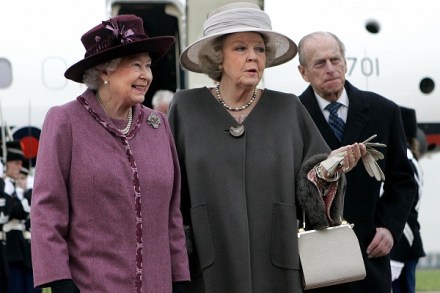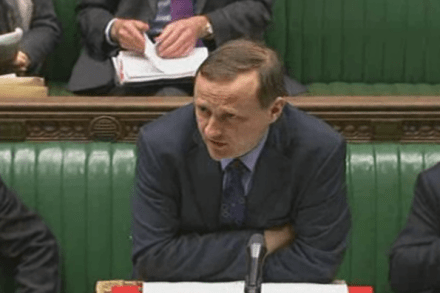Doing more with less
If you ever need confirmation that necessity is the mother of invention, you can do worse than watch one of the rash of property programmes on Channel 4. A typical example of this genre was the recent ‘We Are A Boring Retired Couple Who By The Happy Accident of Being Born in 1950 And Having Bought A Five-Bedroom House in 1978 Now Have A Tax-Free Capital Gain Of £600,000 With Which To Buy A Place In France Where We’ll Live On Our Public Sector Pensions At Your Expense (Season 9, Episode 8).’ Programmes of this type are mostly dismal. The pair are shown various pricey properties only to raise fatuous
















